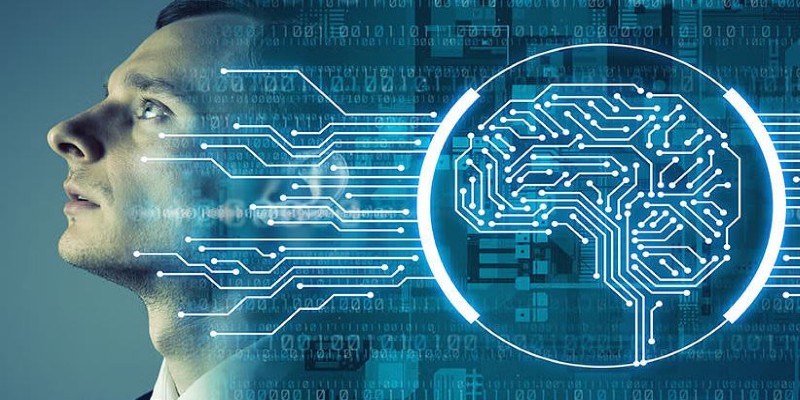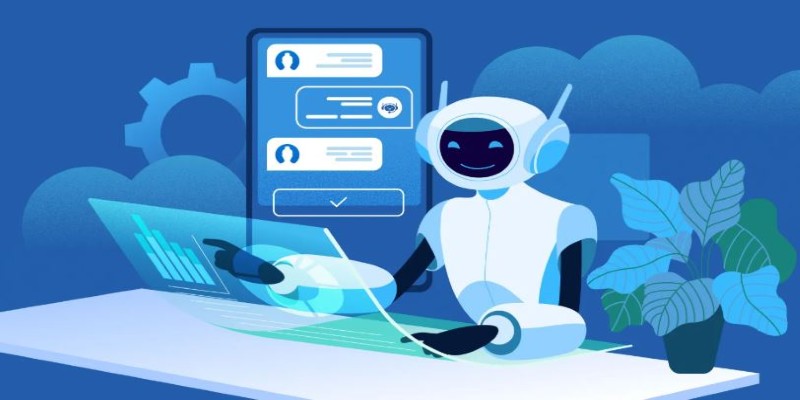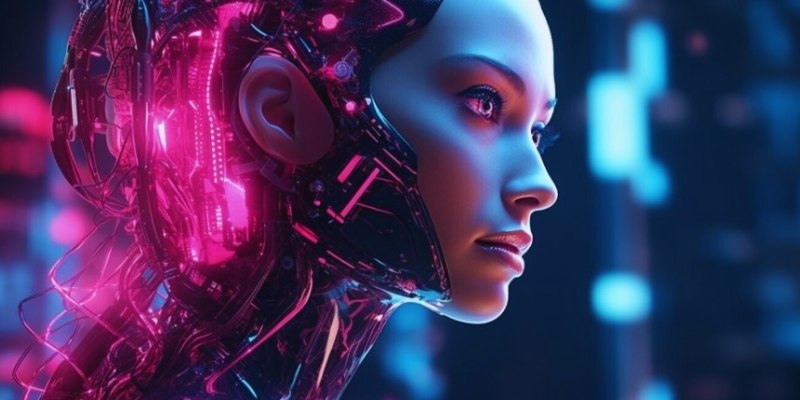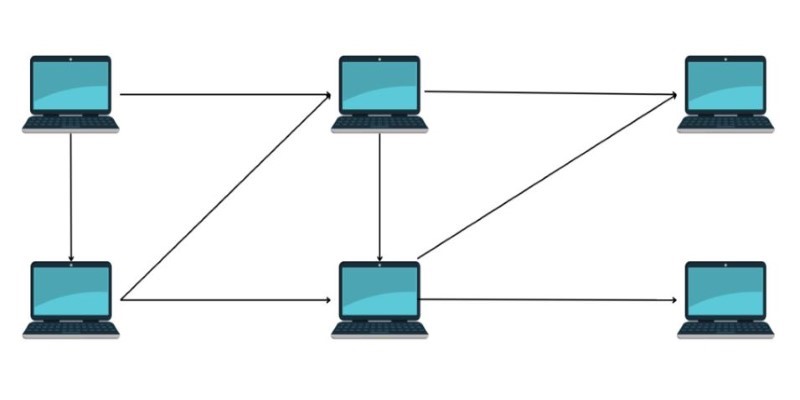Artificial intelligence has quietly integrated into our daily routines, powering virtual assistants, recommendation systems, and countless other tools. At the core of these intelligent technologies lies the concept of AI agents—software systems designed to perform tasks autonomously by observing their environment, making decisions, and taking appropriate actions. What makes AI agents unique is their ability to continuously learn from their surroundings, allowing them to handle both simple and complex tasks efficiently.
With AI agents, a whole new era of automation emerged, offering real-time, flexible solutions to ever-changing problems. These applications range from instantaneous chat support to self-driving automobiles navigating heavy traffic independently, redefining technological capabilities.
What Defines an AI Agent?
At its core, an AI agent is any entity capable of perceiving its environment through sensors, processing the information, and taking action to change the environment or achieve a goal. These actions aren’t random; they’re determined by algorithms designed to weigh various factors and choose the best course of action. For example, a robotic vacuum cleaner uses sensors to detect obstacles and dirt, processes that information, and then decides where to move next.
AI agents are quite different from other conventional programs since they can act autonomously. In traditional software, instructions are provided step by step for all tasks. In contrast, AI agents are created to function under unpredictable circumstances. They are flexible because their actions can change in response to feedback. Many AI agents are developed on the foundation of machine learning models that can enhance their performance over time based on learned data and experiences.
AI agents can be categorized into two primary types: simple and complex. Simple AI agents work on pre-defined basic rules to govern and control some aspects of specific operations in a confined environment. One example is the thermostat, which, based on whether the room requires heating or cooling, turns a heating or cooling system on or off. On the other hand, complex AI agents work in changing, uncertain, and unpredictable conditions where things frequently change. For example, a self-driving drone is quite a complex entity. It must sense its environment continuously and update the flight trajectory at every step, avoiding collisions while accomplishing its missions.
How Do AI Agents Function?
AI agents operate in a loop consisting of three key steps: perception, decision-making, and action. This cycle is continuous, allowing the agent to respond to changes in its environment and make decisions accordingly.

The first step, perception, involves gathering data from the agent’s surroundings. This data can come from various sources, such as cameras, microphones, sensors, or even digital data streams. In the case of a virtual assistant like Siri, perception occurs when the system captures and interprets a user’s voice command.
Next comes decision-making, where the agent processes the perceived information and determines the best action. This step often involves complex computations based on pre-programmed rules or learned behavior from machine learning models. Advanced agents may use deep learning algorithms to make more nuanced decisions, especially in scenarios where there are many variables to consider.
Finally, the action step is where the agent carries out its chosen task. This might involve sending a command to hardware components, displaying information on a screen, or interacting with other software systems. Importantly, the outcome of the action is fed back into the loop, allowing the agent to learn from the results and improve future performance.
The feedback loop distinguishes AI agents from traditional automation, enabling them to refine strategies based on outcomes and environmental changes. Unlike static systems with rigid rules, AI agents continuously learn and adapt, enhancing their versatility and effectiveness over time. This dynamic nature allows them to handle complex, unpredictable tasks efficiently.
Real-World Applications of AI Agents
The practical applications of AI agents are vast and growing daily. In the healthcare sector, AI agents assist in diagnosing diseases by analyzing patient data and medical imaging, often with remarkable accuracy. They can help doctors identify conditions earlier and recommend treatments based on patterns that might not be obvious to the human eye.

In finance, AI agents automate trading and detect fraudulent activities. High-frequency trading systems rely on agents that can analyze market conditions and execute trades within milliseconds. Similarly, banks deploy AI agents to monitor transactions for signs of fraud, flagging unusual activity that requires further investigation.
Another prominent use of AI agents is in customer service, where chatbots and virtual assistants handle routine inquiries, freeing up human agents to focus on more complex issues. These AI-driven systems can answer questions, guide users through troubleshooting processes, and even process transactions.
Self-driving cars represent one of the most advanced applications of AI agents. These vehicles rely on multiple sensors and AI models to perceive their surroundings, make driving decisions, and navigate safely. The ability to process vast amounts of real-time data and act accordingly makes autonomous vehicles a prime example of how AI agents can revolutionize industries.
AI agents play a vital role in agriculture by monitoring crop health, predicting weather changes, and optimizing irrigation. Through automation, they enhance farming efficiency, minimize resource wastage, and support sustainable practices, making modern agriculture smarter and more resilient to environmental challenges. Their impact is transforming the future of farming.
Conclusion
AI agents have become indispensable in modern life, offering intelligent solutions across various fields, from healthcare and finance to transportation and agriculture. Their ability to perceive, make decisions, and act autonomously enables them to handle complex tasks with minimal human input. As AI technology evolves, these agents will become more sophisticated, driving innovation and improving efficiency in countless industries. However, their growing role also demands careful oversight to ensure ethical usage, data privacy, and fairness in decision-making. With responsible development, AI agents hold immense potential to enhance our lives and shape a smarter, more connected future.



